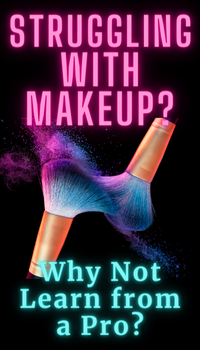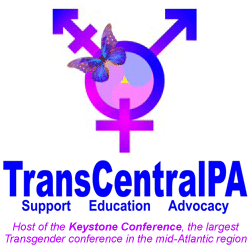Shades of Ladyboys
I’ve never liked labels.
They often mask or hide the ingredients or contents within. Whether it’s labels on, say, cans of food or frozen products or people, labels don’t usually reveal the whole picture.
Gay, Lesbian or Transgender. All generic labels which cover a multitude of varieties, colours or shades — or whatever you wish to call them — of interesting people. Labels which don’t necessarily tell the reader everything they need to know about the character, preferences or the type of person they are meeting.
I know we’ve been around this sort of topic before but if we look at, for example again, Transgender as a label, you have to ask what does this label mean to most people.
Drag queens? Gay men masquerading as women? Well-known celebrities who have transitioned from male to female?
I know we T people have made great progress over the last 18 months or so and have far greater awareness in the eyes of the general public than ever before, but I truly wish as many of the public as possible would peel back the label of Transgender and look inside, as it were. Especially before making judgements about what they perceive being Transgendered is all about.
Here in Thailand, if we look at behind the oft-used label Ladyboys we can see a myriad or infinity number of varieties of people — both in their physical being and mental state.
We have:
- The stereotypical view of Ladyboys who feature in world famous cabaret shows such as Tiffanys or Simon. These ladies are seen as the epitome of womanhood and are people who have reached the pinnacle of their chosen, but relatively short lived, profession. Some are natural beauties, but equally as many have had some facial or other body enhancements.
- The scores and scores of other Ladyboys in the country who work as make-up artists or in shops, in hair salons, restaurants, and, of course, bars, nightclubs and the sex industry.
Some are beautiful and look totally female, some are not; some are tall and thin, some short and overweight; some smart and not so smart.
- Well-educated Ladyboys from well-known families, many with Bachelors or Masters Degrees; but, more often than not, we have Ladyboys who have not been able to complete their education or possibly had to leave their homes prematurely owing to differences with their families as a consequence of being T.
- Ladyboys who have had full gender affirmation surgery; some who have only partially, and yet others have never had any surgical intervention. Some Ladyboys only live part time as women as they need to work, presenting themselves as men, whilst others live full-time and may be on hormones or other medications (but with no surgical intervention) to get them though their daily lives.
- The complete range of gender identity and sexual attraction, which are complicated recipes at the best of times. Some Ladyboys are in long term relationships with men, some with other women; some don’t mind being with either gender. Many have had their hearts broken by both Thai men and/or men from the multitude of different countries who flock to Thailand to seek out “sexual partners with a difference” or simply objectivise them. Most, like almost all genetic women, dream of a gallant lover, someone to take care of them, be there for them.
So, having said all this, one great wish of mine is that, somehow, some way we can continue to encourage our peers in society to look more closely and understand better that, in any walk of life, labels are simply a summary of the ingredient or contents within. In short, it’s the contents that matter most!
After all, knowledge is the source of all understanding.
Why not understand us before you label us?
Category: Transgender Opinion















I don’t care for the term “ladyboys”, it just has a sound/connotation of pedophilia.
If Thailand wants to use it fine, I don’t.
Labels are limited, as mentioned, but they do serve an important purpose. We simply could not function, individually or as a society, without the use of generalities of many kinds.
I do think the ‘transgender’ label means, to the greater American public, what was once accurately described as ‘transsexual’, a mind/soul believed to be trapped in the wrong body.
I’m not sure why the perfectly fine and descriptive AND distinctive terms of a time not-so-long-ago – transsexual and transvestite – lost favor and now are apparently non-PC.
There may come a time in the U.S. when it really doesn’t matter, we’ll be free to present ourselves, including in our workplace, however we want. But now I do think the word ‘transgender’ shortchanges crossdressers by defining us inaccurately.
Here at TGF we have always used “transgender” as an umbrella term to cover any crossing of the gender border, whether now and then or everyday. “Transvestite” is a perfectly good term but it picked up undesirable connotations that were overly sexual in nature so many decided “crossdresser” better described them.
Angela, I understand what you’re saying, and ‘crossdresser’ is a valid synonym, which I use for myself most of the time.
I do wonder how and when ‘transvestite’ took on the sexual connotation in the public’s mind?
Actually I don’t think the ‘public’ knew or cared about the word’s connotation, I think it was people in the ‘community’ that felt some need to control the language, sort of like the weird push to replace him/her with ‘xe’ and all that nonsense.
But ‘xe’ who controls the language controls the minds of the masses, I guess.
🙂
Yes it was crossdressers who thought that “transvestite” was too sexual in nature. I remember newspaper stories about crimes, usually shoplifting or prostitution, carried out by “transvestites.” It was that usage that made heterosexual crossdressers nervous about using the term.